- Home
-
Qualifications
- Diploma in Nutrition and Health Coaching
- Womens Health and Wellness Coach Certification
- Certified Coaching Professional Program
- Diploma in Coaching for Lifestyle & Wellbeing Management
- Holistic Wellness Coaching Program
- The Ultimate Triple Qualification
- Health Coaching Electives
- Wellness Coaching for Professionals
- Coach Gap Training
- Professional Certificate in Meal and Menu Planning
- Accreditation, Registration & Insurance Options
- Degree & Diplomas
- Short Courses
- Testimonials
- Enrol
- FAQs
- About
- Contact
- Login
- Things We Do
|
BLUE ALGAE LATTE FOR YOU? The vegetarians out there are probably right on top of their algae intake, and for good reason as we will see. Hang on… what? Blue algae… Really? Isn’t that the stuff that causes our water supply havoc? No, no, that’s algal bloom, but yes still algae. The vegetarians out there are probably right on top of their algae intake, and for good reason as we will see. Many of you will still be processing a ‘blue latte’ thinking this just isn’t going to go down well, pun completely intended, after all fish and coffee… really? But, just look at that eye-catching beauty, how can you not be even vaguely interested to know what it tastes like? You are probably familiar with spirulina, kelp and maybe nori and wakame if you love Japanese food, yes all algae, but blue algae might be a newbie to you. Let’s introduce you first ;
Understanding your algae Up front it’s good to know that algae are complex, they don't descend from one organism, they vary in cellular type, as well as characteristics such as how they reproduce, and they can be single microscopic cells such as picoplankton, or large macroscopic multi-celled algae such as sea plants like kelp. Even consensus of what makes the algae group and how to define them differs. Blue… green… blue-green, what’s the difference? Algae often have varying colour pigments some have both blue and green, and that’s why you’ll often see algae described as blue-green algae or BGA. You can get other colours also, including red, a good example of red algae is agar, used in food production commonly as a thickener. Broadly speaking, algae are a type of aquatic organism that uses photosynthesis for energy production. Algae may be found in both freshwater and saltwater environments. In science cellular structure can be used to determine organism. In the algae world some are what it termed prokaryotic organisms; that is they are a single-celled organism that doesn’t have a nucleus with its DNA contained within it. Others are eukaryotic and have a clearly defined nucleus and associated specialised parts relating to. Check out the image, that might make this distinction clearer, as you can see the prokaryotic is much simpler. A major type of BGA is cyanobacteria, which is a prokaryotic organism. Wait, what… now they are bacteria? According to many phycologists (someone who studies… yes you guessed it, algae) cyanobacteria are algae due to a number of similarities between the two (Ramanan et al, 2016). For example, some algae and some bacteria overlap in cell structure, both bacteria and algae lack mitochondria (these are cell energy factories). It also seems that algae and bacteria may have a common ancestor (Echlin and Morris, 1965). None-the-less there is still debate over whether BGA, being a prokaryotic, actually are algae or not. Let’s come back to our cyanobacteria, the artists out there will instantly know that ‘cyan’ is where the blue springs from; cyanobacteria contain a blue-coloured compound. Just to keep you on your toes though, cyanobacteria also have a green pigment, chlorophyll, and, it’s chlorophyll that absorbs light for energy production for algae. How do you get the algae from the water to the table?
Blue-ming good for you It’s important to know that the data on algae, in relation to human consumption, is really quite sparse. As algae begins to sure up its place as a bio fuel, you’ll likely see it become more and more fashionable in food also given both products spring from the one source; it tends to be economical to use a product in a number of ways. BGA are reported to be antiviral, anti-tumor, antibacterial, antioxidant, anti-inflammatory and they’re said to have a beneficial effect on allergy and blood lipids (Ku et al, 2013). Nutritionally they are nutrient-diverse and dense, containing those lovely essential fatty acids our body can’t produce itself, chlorophyll, and a wide array of nutrients. If you’re in need of a non-animal-based protein then BGA could be just the thing with 57g of protein per 100g. Algae can be a great source of calcium with around 120mg of calcium per 100g, (FDA), and also a great source of iron and potassium. Did I say algae are complex? Well, while spirulina can be a source of B12 (cobalamin), the type of algae and how the end product is produced can greatly influence the final amount of B12 and its bioavailability. It seems that cyanobacteria largely produce a form of B12 referred to as pseudocobalamin, a form of B12 with an enormously lowered bioavailability due to a significantly reducedability to bind with factors in our gut which switch on B12 uptake. But… no, no, this is a good but, some species of algae appear to overcome this by accessing certain compounds (just for the techo’s out there it’s 5, 6-dimethylbenzimidazole or DMB for short) which aid conversion of the pseudocobalaminto bioavailable B12. Where you source your spirulina from is very important, opt for quality brands that you can trust to source the best algae! Consider dose! Now that sounds awesome but think about this; we looked at a popular algae product’s nutrition label, one serving is 3g, six tablets, and provides roughly 300mg of calcium per 100g. If you were looking to add an extra150mg of calcium to your diet from using algae (so that is half of the 100g figure, just to make it easy and illustrate the point), you would need to consume 16.6 serves, a whopping 100 tablets. By weight spirulina is very light and hence the dose you need to get ‘high’ levels of a nutrient can be high too. Spirulina is often used as a supplement, perhaps the ideal way to view spirulina and its nutritional benefits is to incorporate it into your diet so that it’s one a variety of foods contributing to your overall daily intake of nutrients. After all it’s not just about the quantity of nutrients but the diversity of nutrients and other compounds we get in our diet… and enjoyment. Vegan debate I’m going out on a limb here to open the debate around the consumption of algae (or yeasts or even bacteria such as probiotics) and veganism. If you trawl through the vegan societies online most will not reference algae as a source of B12 (which tends to be one of the more challenging nutrients to gain in a vegan diet), they will instead refer to non-animal based fortified products, cereals for example, or vegan B12 supplements. If you review the debate posts you’ll see a range of fore and against views, some vegans arguing that algae, yeasts and bacteria don’t have central nervous systems and the like and hence don’t feel pain and are perfectly fine as inclusions in a vegan diet, like plants. Others argue that as they are a ‘living’ organism, they are not okay to consume. To consume or not to consume is up to the individual, perhaps the choice is another part of the ‘vegetarian continuum’ and just where that line in the sand is, is up to the individual, it is all utilitarian in the end. In the end… Algae has its place in human nutrition, they are vital to a healthy ecosystem and may be part of the future fuels we use to walk more softly on the earth. In days ahead the issue of food security is likely to grow, sourcing sustainable, viable, low footprint foods is going to be an economic industry of its own. And, did you know that algae produce around half of the oxygen on our beautiful planet? Sounds like a sustainable option to me. Want to learn more or compliment your exisiting knowledge base as a holistic wellness and health coach? AuthorLeanne Cooper is the Founder and Director of Well College Global. Registered nutritionist and mother of two. Mindset and Clarity Coach, Mentor, Author, and Educator.
0 Comments
Leave a Reply. |
AuthorsBev Whyfon; Bev's Healthy Food Archives
July 2024
Categories
All
|
|
CONNECT WITH US
|
- Home
-
Qualifications
- Diploma in Nutrition and Health Coaching
- Womens Health and Wellness Coach Certification
- Certified Coaching Professional Program
- Diploma in Coaching for Lifestyle & Wellbeing Management
- Holistic Wellness Coaching Program
- The Ultimate Triple Qualification
- Health Coaching Electives
- Wellness Coaching for Professionals
- Coach Gap Training
- Professional Certificate in Meal and Menu Planning
- Accreditation, Registration & Insurance Options
- Degree & Diplomas
- Short Courses
- Testimonials
- Enrol
- FAQs
- About
- Contact
- Login
- Things We Do

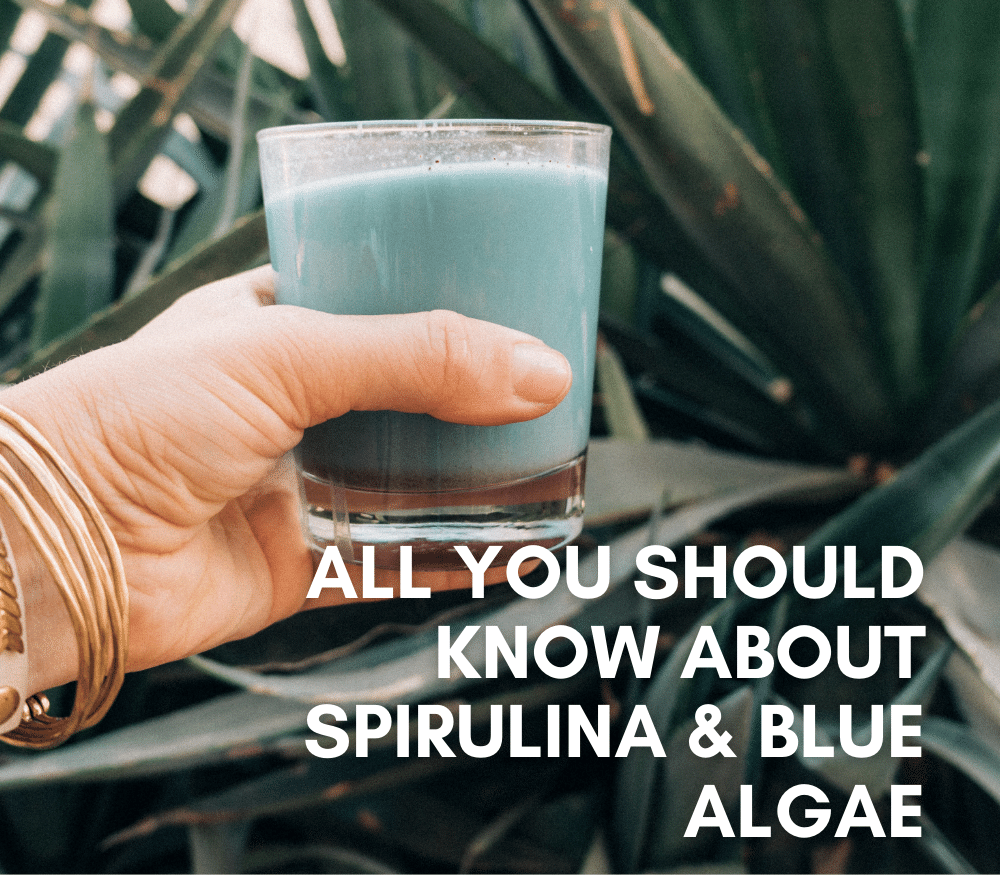
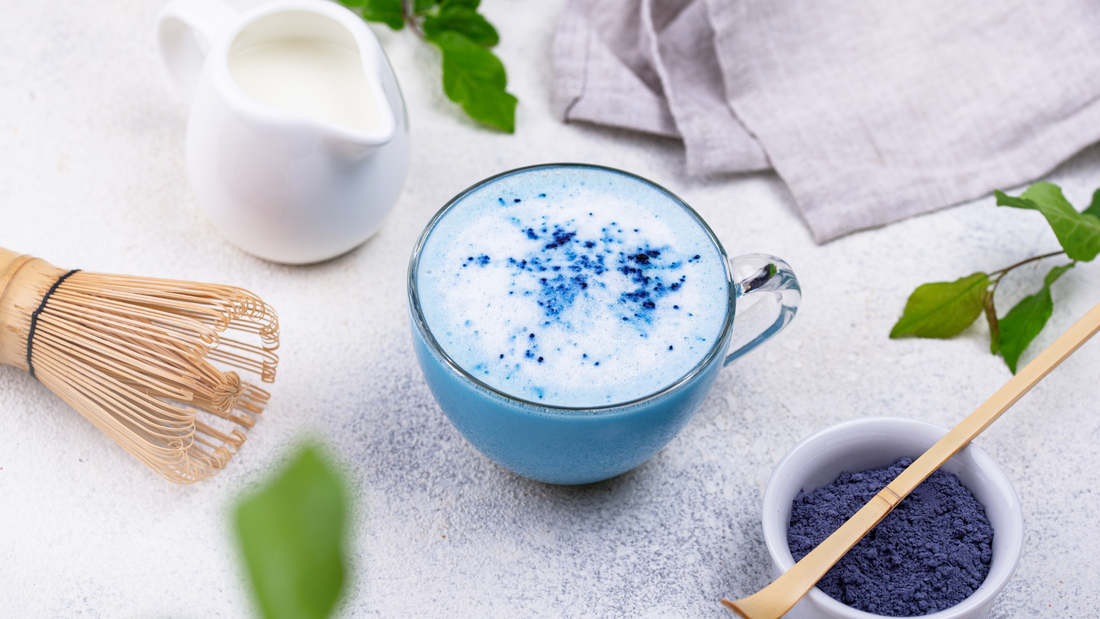
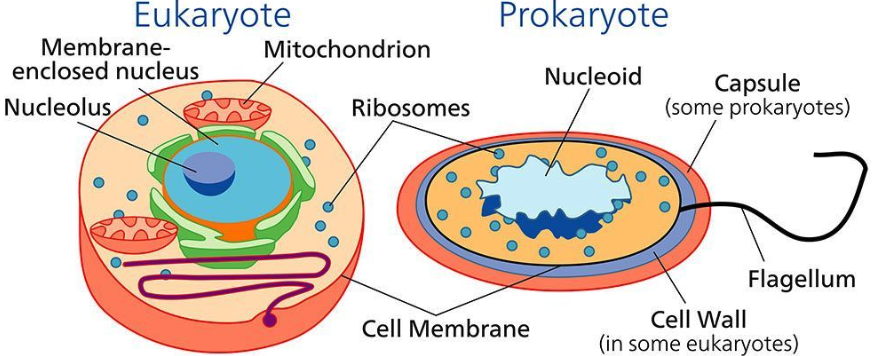
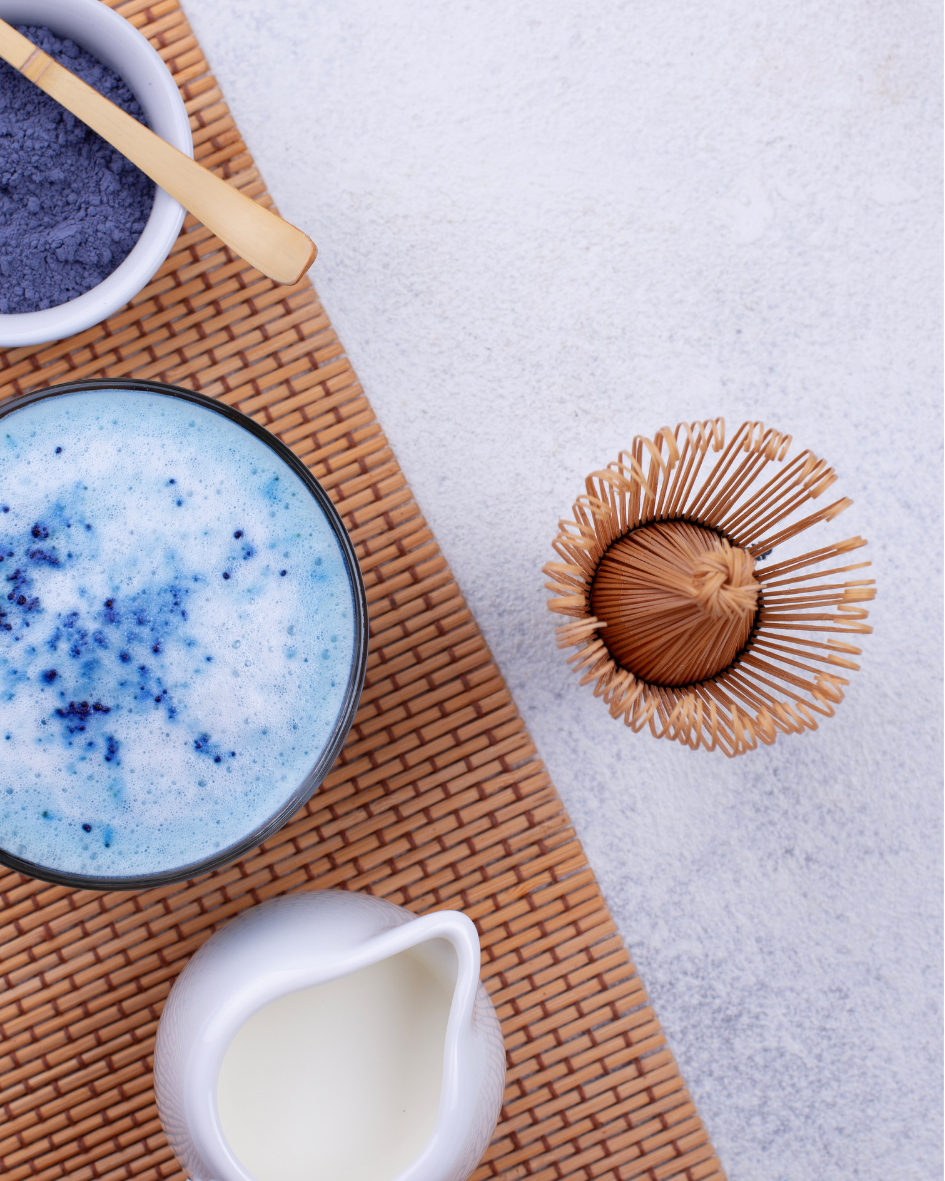
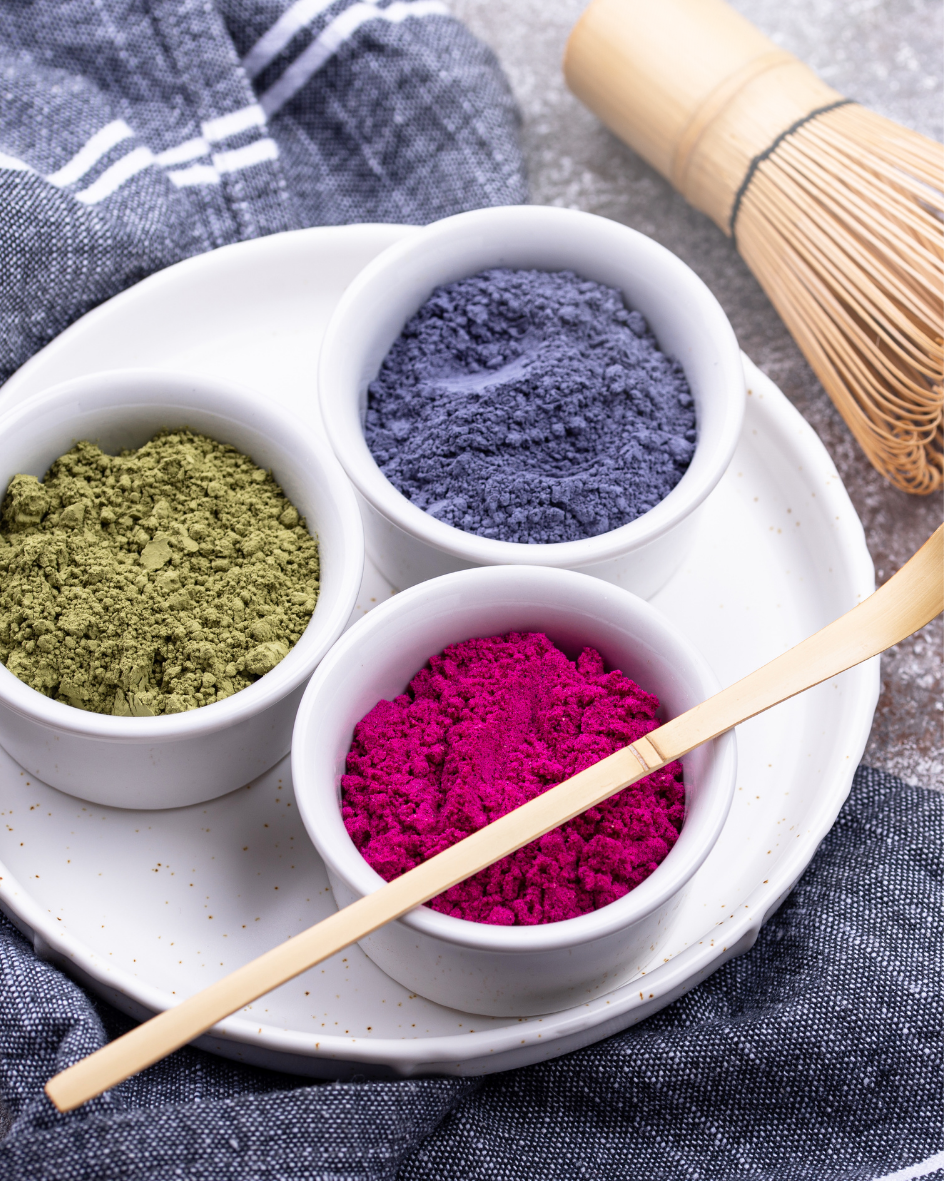
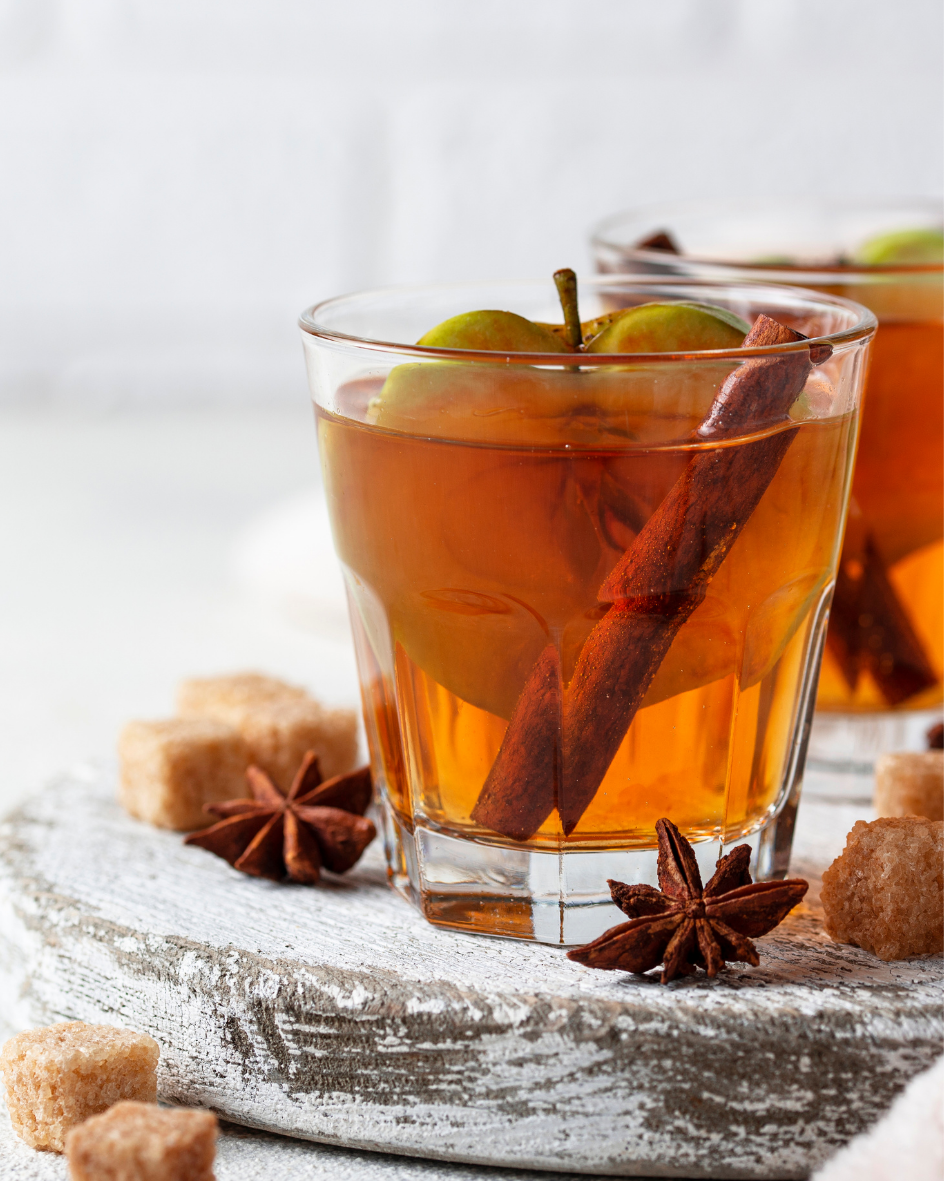
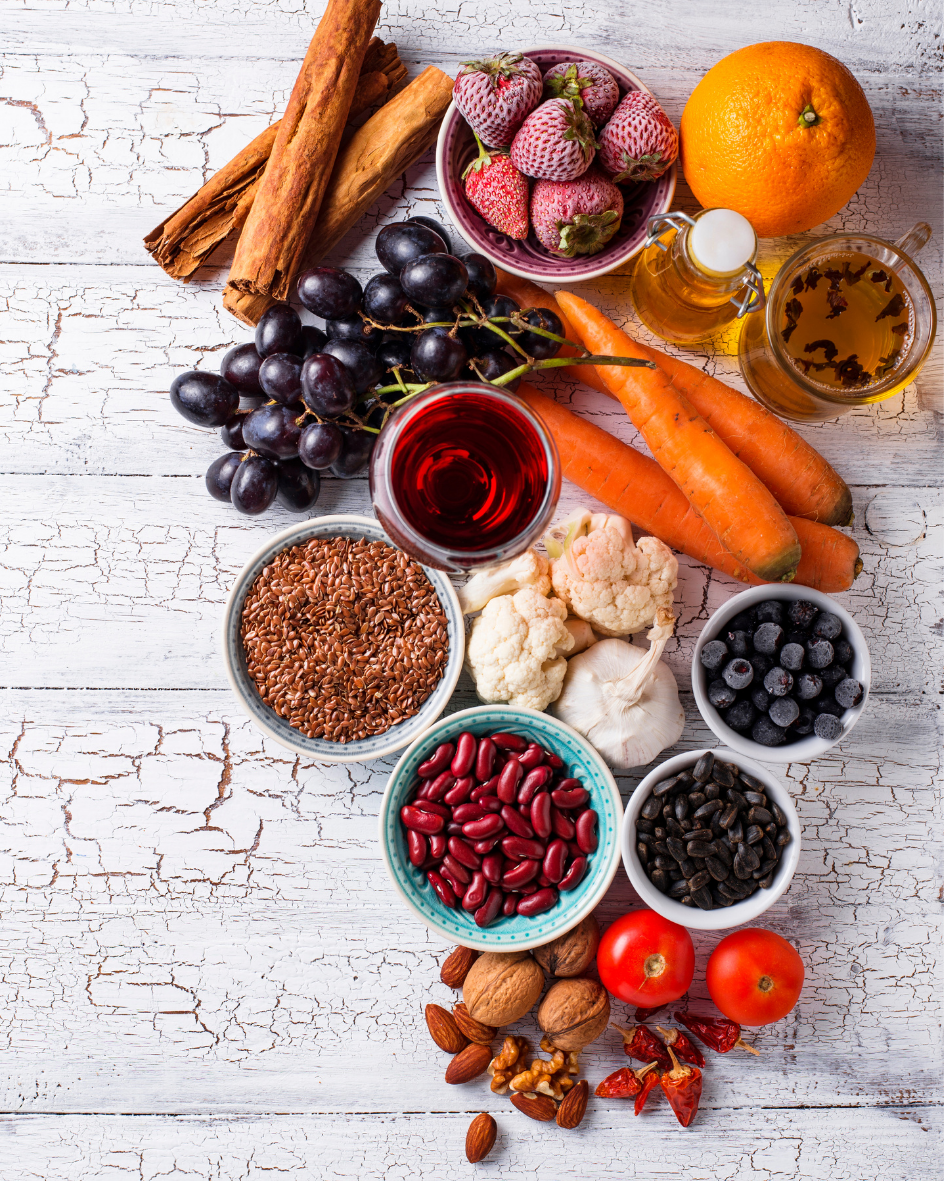
 RSS Feed
RSS Feed
